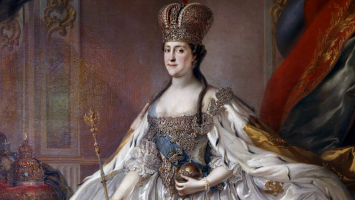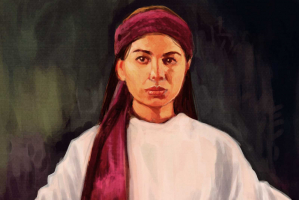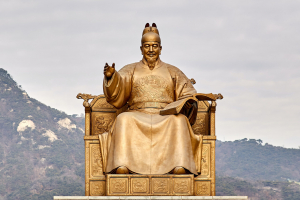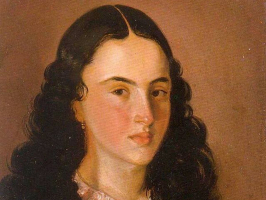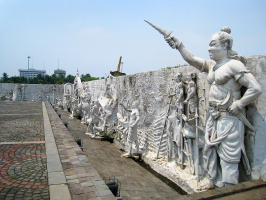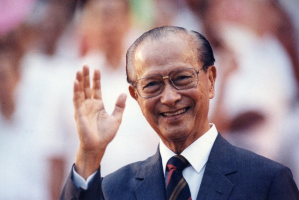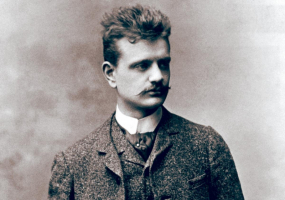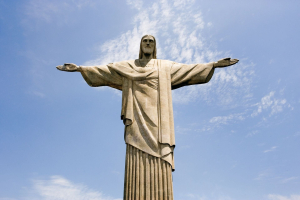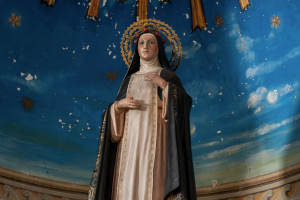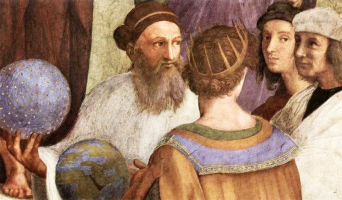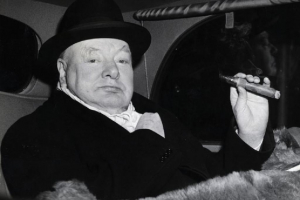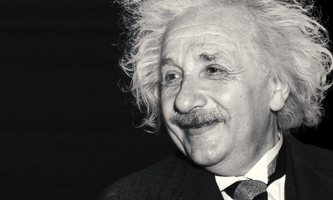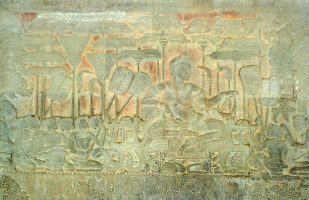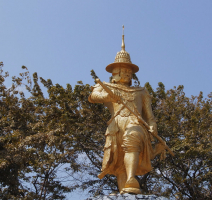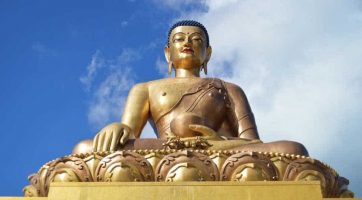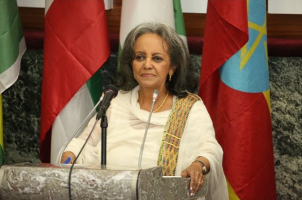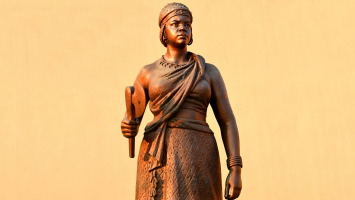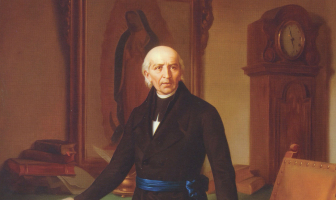Top 7 Most Important Historical Figures In Sweden
Sweden, like any other country, has historical personalities that have made significant contributions to the country. Sweden is officially known as the Kingdom ... read more...of Sweden. Sweden is the largest country in the Nordic region, the third largest in the European Union, and the fifth largest in Europe. Stockholm is both the capital and the largest city. The country is well-known for its people's rich history in fields including politics, art, literature, and philosophy. Discover the most important historical figures in Sweden with Toplist.
-
One of the most important historical figures in Sweden is Gustavus Adolphus. He is commonly known as Gustav II Adolf or Gustav II Adolph, was King of Sweden from 1611 to 1632 and is credited with bringing Sweden to prominence as a major European force. During his reign, Sweden became one of Europe's key military forces during the Thirty Years' War, aiding in the determination of Europe's political and religious balance of power. In 1634, the Riksdag of the Estates formally and posthumously gave him the appellation Gustavus Adolphus the Great.
He is widely recognized as one of the finest military leaders in modern history, having pioneered the employment of combined weaponry. The Battle of Breitenfeld in 1631 was his most noteworthy military triumph. Gustavus Adolphus was positioned to become a significant European leader with his resources, logistics, and backing, but he was murdered a year later at the Battle of Lützen. Count Axel Oxenstierna, the Lord High Chancellor of Sweden, who also served as regent following his death, aided him in his attempts.
Gustavus Adolphus inherited three wars from his father, King Charles IX of Sweden: border battles with Russia and Denmark-Norway, as well as a dynastic fight with his first cousin, King Sigismund III Vasa of Poland. The Danish conflict was the most serious of all. During his reign, Sweden evolved from a regional power in the Baltic Sea basin to one of Europe's great powers and a model of early modern age government. Gustavus Adolphus is regarded as the "Father of Modern Warfare" or "First Modern General." He trained a number of other military commanders, including Lennart Torstensson, who went on to increase the boundaries and authority of the Swedish Empire after Gustavus Adolphus died.
Reforming the administrative system was one of his contributions to Sweden's climb to power. For example, he began Parish Registration of the population so that the central government could tax and conscript the people more efficiently. He is also fondly remembered by Protestants in Europe as the principal champion of their cause during the Thirty Years' War, with numerous churches, foundations, and other endeavors bearing his name, notably the Gustav-Adolf-Werk.
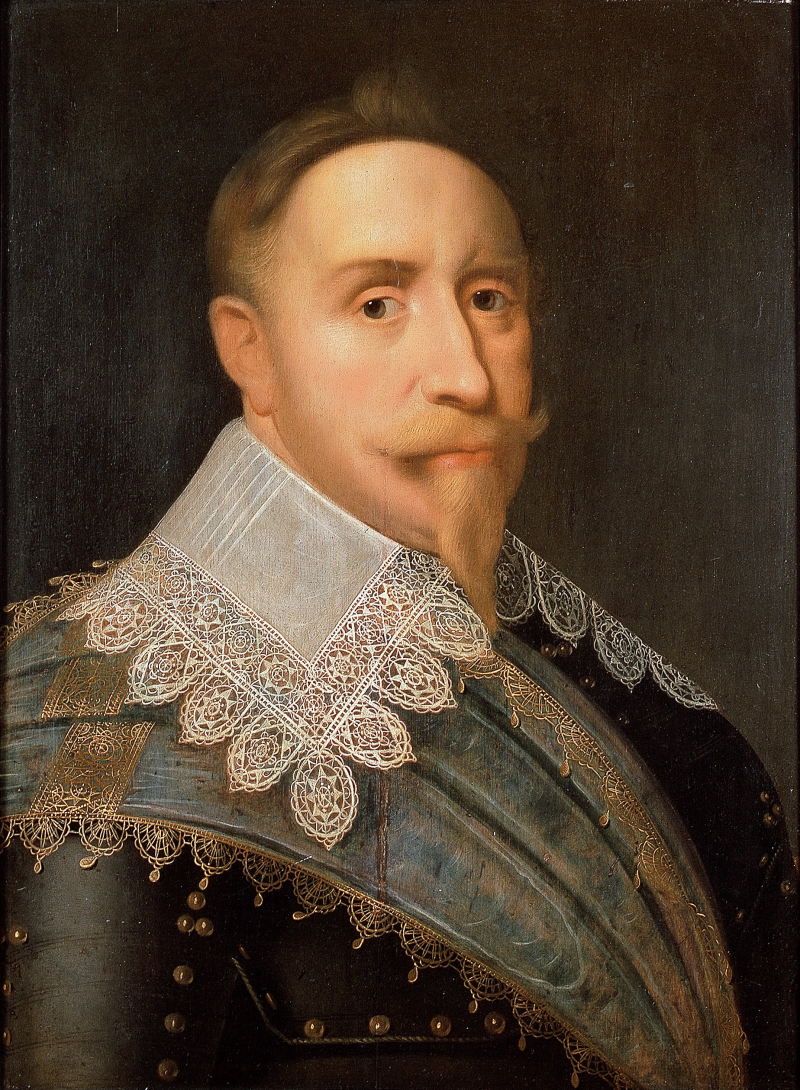
en.wikipedia.org 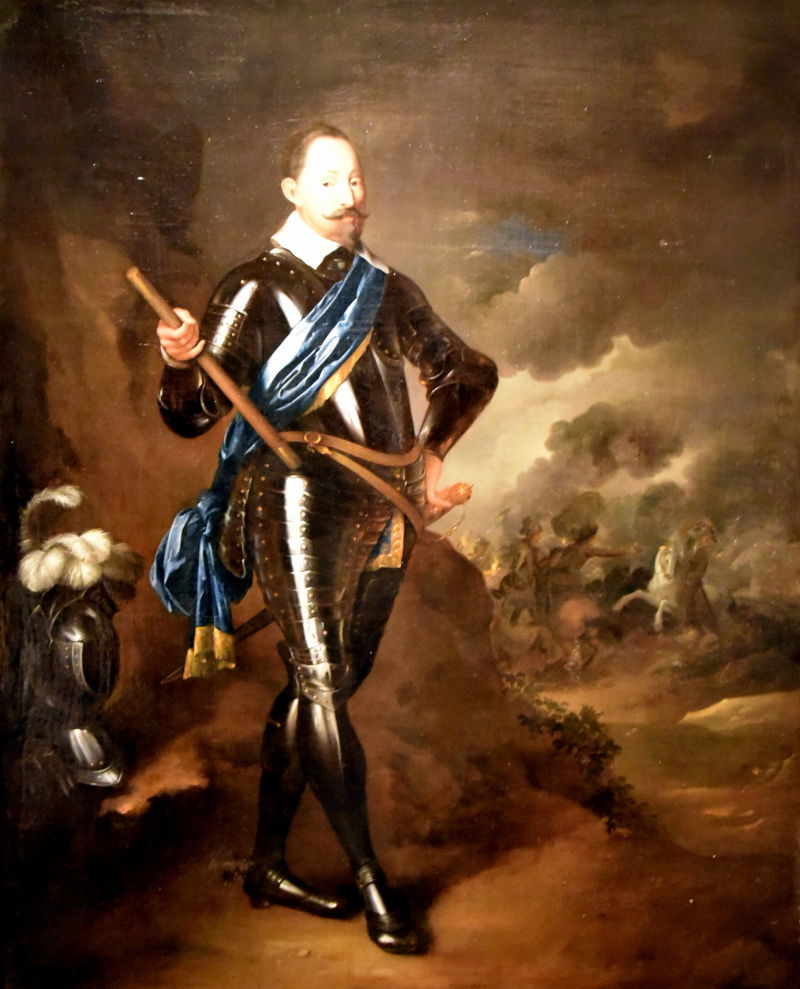
sabaton.net -
Emanuel Swedenborg (born Emanuel Swedberg; February 8, 1688 – March 29, 1772) was a pluralistic-Christian theologian, scientist, philosopher, and mystic from Sweden. Heaven and Hell, his book about the afterlife, became his most famous work (1758).
Swedenborg made a name for himself as an inventor and scientist. At the age of 53, he entered a spiritual phase in which he began to have dreams and visions, most notably during Easter Weekend, on 6 April 1744. His experiences culminated in a "spiritual awakening" in which he was revealed that Jesus Christ had appointed him to create The Heavenly Doctrine in order to reform Christianity. According to The Heavenly Doctrine, the Lord opened Swedenborg's spiritual eyes so that he could freely visit heaven and hell to converse with angels, demons, and other spirits from then on, and the Last Judgment had already occurred in 1757, the year before the publication of Concerning the New Jerusalem and its Heavenly Doctrine in 1758.
Swedenborg wrote 18 published theological writings and additional unpublished works in the last 28 years of his life. In True Christian Religion, which he self-published, he referred to himself as a "Servant of the Lord Jesus Christ." Some followers of The Heavenly Doctrine think that only theological works produced by Swedenborg himself are entirely divinely inspired. Others have considered all of Swedenborg's theological works to be equally inspired, claiming that the fact that some works were "not written out in a final edited form for publication does not make a single statement less trustworthy than the statements in any of the other works".
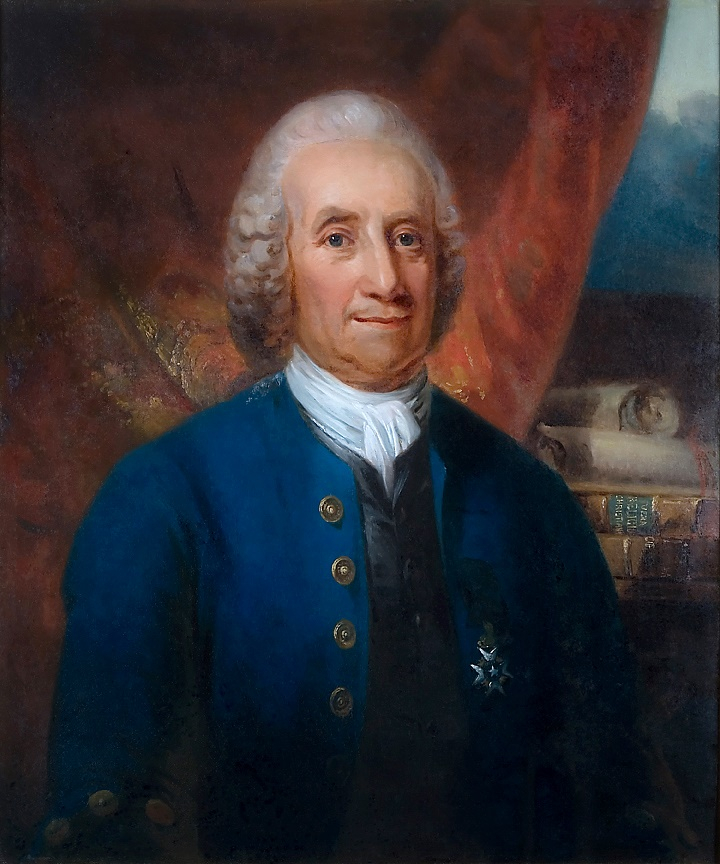
vi.wikipedia.org 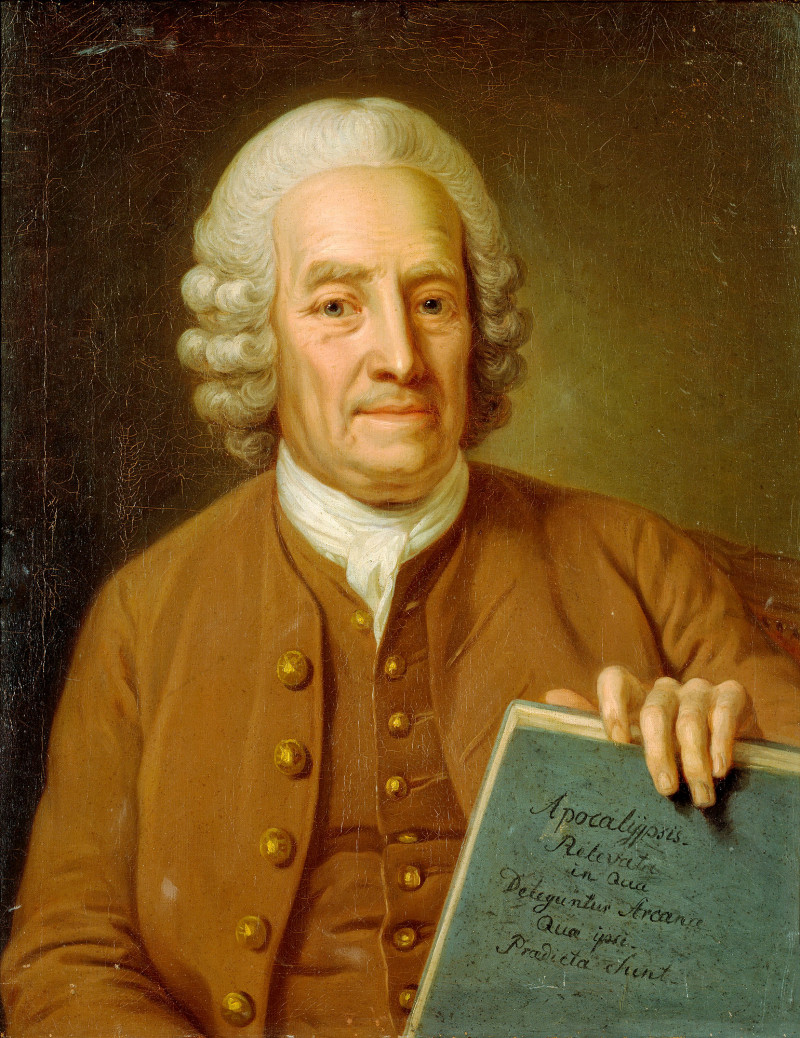
commons.wikimedia.org -
Alfred Bernhard Nobel (October 21, 1833 – December 10, 1896) was a chemist, engineer, inventor, businessman, and philanthropist from Sweden. He is best remembered for bequeathing his riches to establish the Nobel Prize, but he also made several significant scientific contributions, holding 355 patents during his lifetime. Nobel's most famous innovation was dynamite, a safer and easier way of harnessing the explosive potential of nitroglycerin; it was invented in 1867 and quickly became popular in mining and infrastructure building around the world.
Early on, Nobel showed a propensity for science and study, especially in chemistry and languages; he was fluent in six languages by the time he was 24 and had already submitted his first patent application. He and his family started a number of businesses, but his most notable was Bofors, an iron and steel factory that he expanded into a significant producer of cannons and other armaments.
Nobel was motivated to leave his riches to the Nobel Prize organization, which would annually honor people who "conferred the greatest benefit to humankind". His name and legacy also lives on in businesses like Dynamit Nobel and AkzoNobel, which are the offspring of mergers with enterprises he founded. The synthetic element nobelium was named after him. Nobel was elected to the Royal Swedish Academy of Sciences, which, according to his will, would be in charge of selecting the Nobel laureates in physics and chemistry.
Nobel was charged with high treason against France for exporting Ballistite to Italy, so in 1891 he relocated from Paris to Sanremo, Italy. He died of a stroke on December 10, 1896. Unbeknownst to his family, he had placed the majority of his wealth in a trust to fund the Nobel Prizes. He is buried in Stockholm's Norra begravningsplatsen. The Alfred Nobel Monument in Saint Petersburg is located on the Petrogradskaya Embankment beside the Bolshaya Nevka River. It was dedicated to commemorating the 90th anniversary of the first Nobel Prize presentation in 1991.
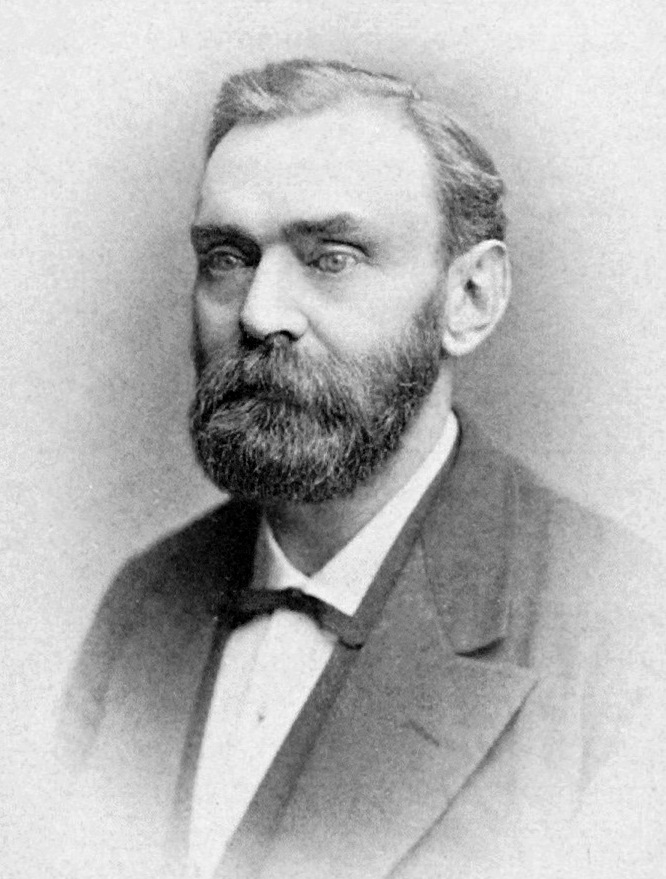
en.wikipedia.org 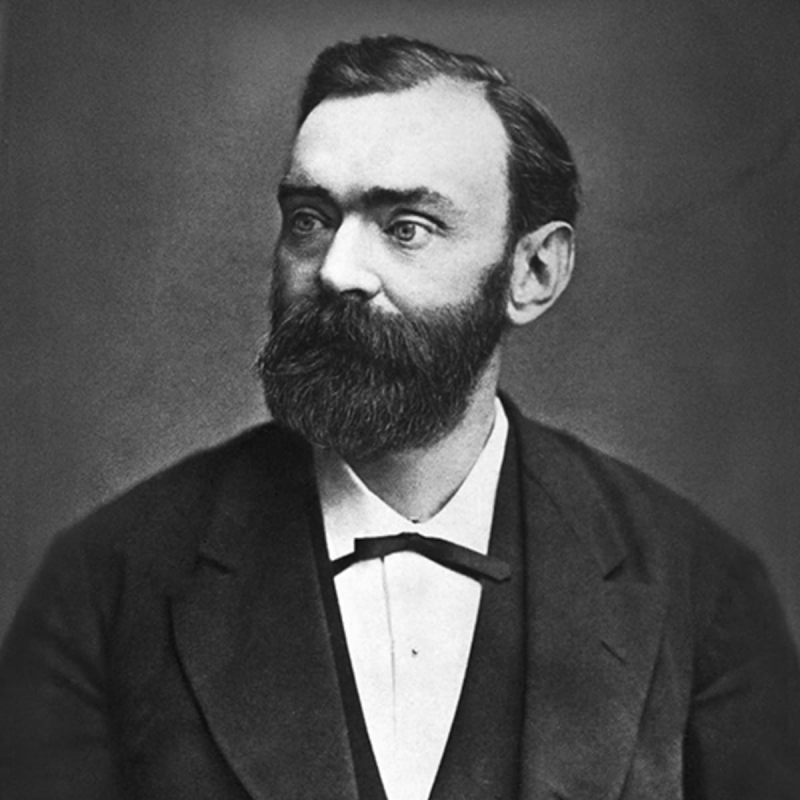
biography.com -
Tage Fritjof Erlander (13 June 1901 – 21 June 1985) was a Swedish politician who served as the country's Prime Minister from 1946 until 1969. He was the leader of the Swedish Social Democratic Party and served as Prime Minister for 23 years, the longest in any democracy. As a result, Erlander became renowned as "Sweden's Longest Prime Minister."
After joining the World War II coalition government in 1944, Erlander unexpectedly climbed to the leadership after the death of Prime Minister Per Albin Hansson in October 1946, keeping the Social Democrats as the country's major party. Erlander, known for his moderation, pragmatism, and self-irony, frequently sought approval from the liberal-conservative opposition for his policies, effectively abandoning all pretenses of broad-scale nationalizations while instituting reforms such as universal health insurance, pension additions, and a growing public sector, while stopping short of raising tax levels above the average OECD levels at the time. Income taxes in Sweden were lower than in the United States until the 1960s.
Erlander led a Social Democratic minority government for the majority of his time in power. Instead, from 1951 to 1957, he led a coalition with the Farmers' League. For the most part, the Social Democrats retained a plurality of seats in the upper chamber, allowing Erlander to remain in power following the 1956 national election when right-wing parties obtained a majority. This outcome was then reversed by a hasty election in 1958.
In foreign policy, he maintained strict neutrality while amassing one of the world's most impressive armed forces (surpassed only by the United States, the Soviet Union, and Israel in terms of per-capita spending), making the Swedish Air Force the third largest in the world, while ultimately rejecting nuclear capability, signing the Nuclear Non-Proliferation Treaty in 1968. Erlander's tenure coincided with the post-World War II economic development known in Sweden as the record years, during which Sweden's economy grew to become one of the ten strongest in the world, and it later joined the G10.
In the 1968 general election, he secured his seventh and most successful triumph, with the Social Democrats capturing an absolute majority of the popular vote as well as seats in the lower chamber. The next year, amid a period of considerable constitutional reform, Erlander resigned and was followed by his long-time protégé and friend Olof Palme.
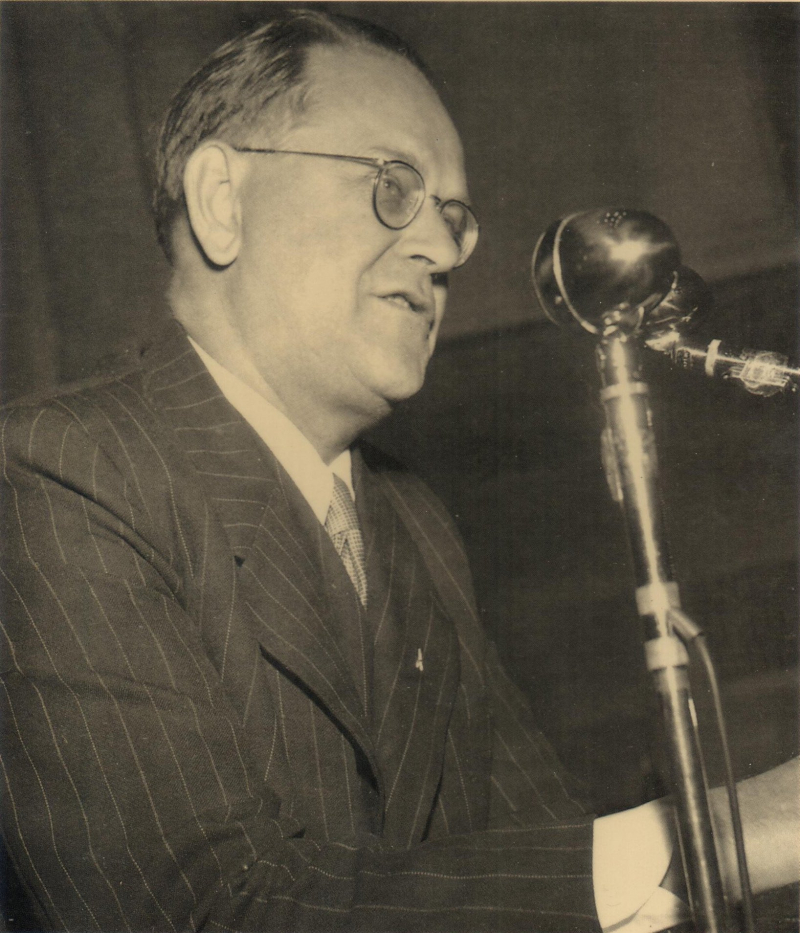
wikitree.com 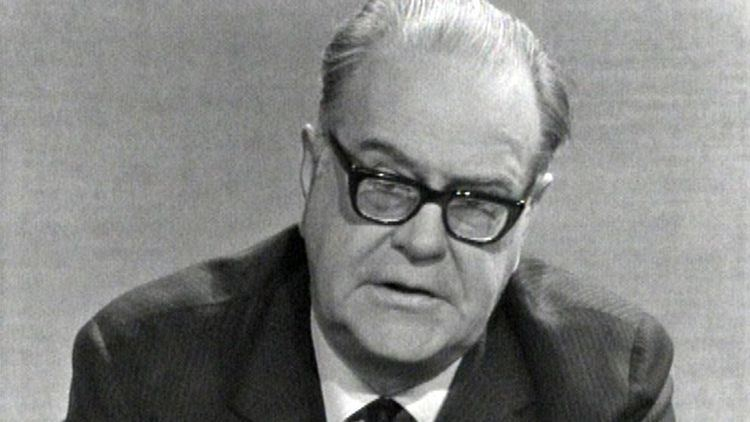
alchetron.com -
One of the most important historical figures in Sweden is Dag Hjalmar Agne Carl Hammarskjöld. He (July 29, 1905 – September 18, 1961) was a Swedish economist and diplomat who served as the United Nations' second Secretary-General from April 1953 until his death in a plane crash in September 1961. He is still the youngest individual to hold the position as of 2022, having been appointed at the age of 47.
During Hammarskjöld's presidency, he worked to improve the newly founded United Nations both inside and outside. He oversaw efforts aimed at improving morale and organizational efficiency, as well as making the UN more responsive to global challenges. He oversaw the establishment of the first United Nations peacekeeping forces in Egypt and the Congo, and he personally intervened to defuse or settle diplomatic crises. During the Congo Crisis, Hammarskjöld's second tenure was cut short when he died in a plane accident while en route to cease-fire negotiations.
Hammarskjöld was and continues to be regarded internationally as a skillful diplomat and administrator, and his efforts to address major global crises earned him the Nobel Peace Prize as the only posthumous recipient. Along with his successor, he is regarded as one of the two best UN secretaries-general, and his appointment has been praised as one of the organization's most remarkable triumphs. United States President John F. Kennedy referred to Hammarskjöld as "the greatest statesman of our century."
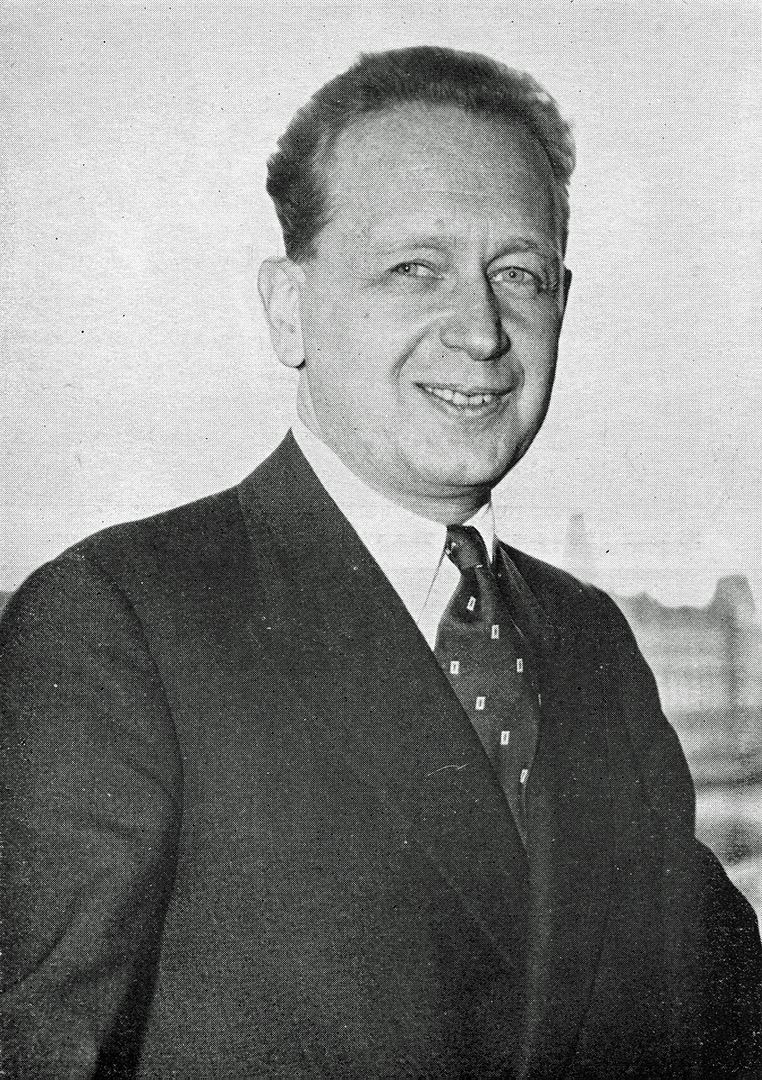
en.wikipedia.org 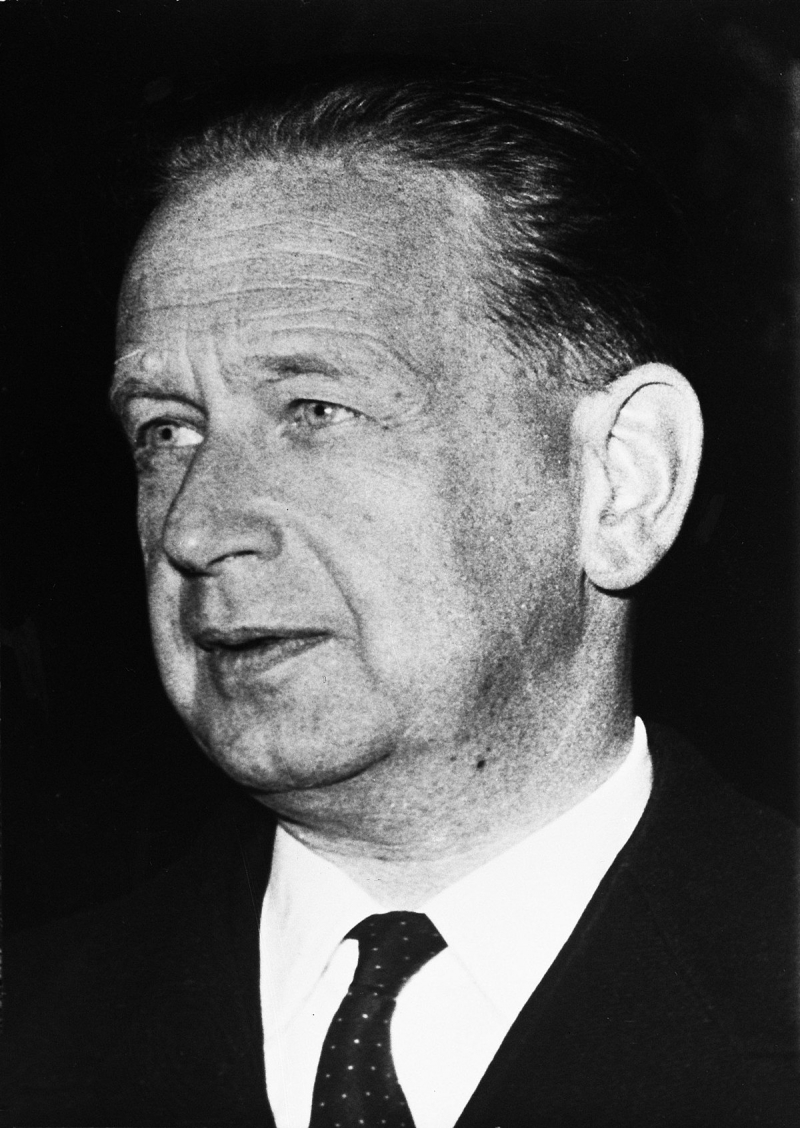
vi.wikipedia.org -
Raoul Gustaf Wallenberg (4 August 1912 – disappeared 17 January 1945) was a Swedish architect, businessman, diplomat, and humanitarian. During the closing years of World War II, he saved hundreds of Jews in German-occupied Hungary from German Nazis and Hungarian fascists. Between July and December 1944, as Sweden's special envoy in Budapest, Wallenberg provided protection passports and housed Jews in buildings identified as Swedish territory.
During the Red Army's Siege of Budapest on 17 January 1945, Wallenberg was captured by SMERSH on suspicion of espionage and later disappeared. He was later believed to have died on July 17, 1947, while imprisoned in the Lubyanka, the prison at the KGB secret police headquarters in Moscow. The motives for Wallenberg's arrest and detention by the Soviet Union, as well as the circumstances of his death and his ties to US intelligence, remain unknown.
Wallenberg has received various humanitarian distinctions in the decades since his believed death as a result of his successful efforts to rescue Hungarian Jews. One of those spared by Wallenberg, US Congressman Tom Lantos, supported legislation in 1981 to make Wallenberg an honorary citizen of the United States, the second person ever to earn this honor. In addition, Wallenberg holds honorary citizenship in Canada, Hungary, Australia, the United Kingdom, and Israel. Wallenberg has been named one of Israel's Righteous Among the Nations. Numerous memorials have been erected in his honor, and streets have been named after him all throughout the world. The Raoul Wallenberg Committee of the United States was founded in 1981 to "perpetuate Raoul Wallenberg's humanitarian ideals and nonviolent courage." It bestows the Raoul Wallenberg Award on those who achieve such objectives on an annual basis. The United States Congress gave him a Congressional Gold Medal in appreciation of his achievements and heroic deeds during the Holocaust.
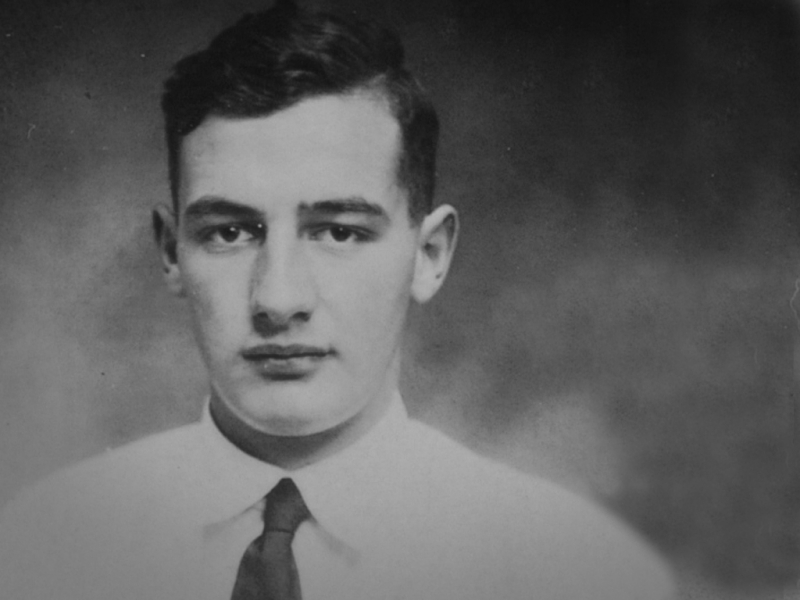
heritage.umich.edu 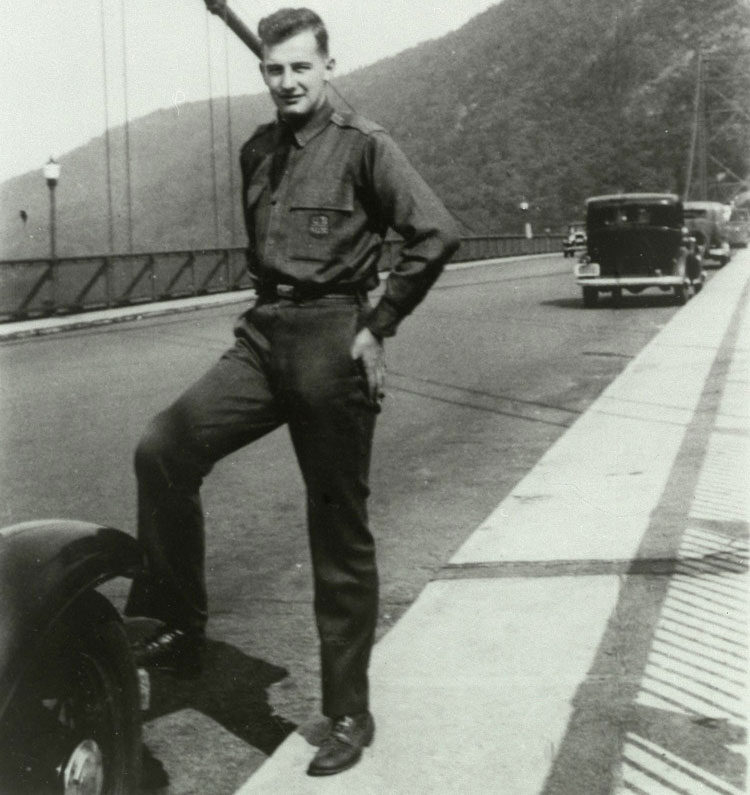
Wallenberg at Michigan -heritage.umich.edu -
One of the most important historical figures in Sweden is Sven Olof Joachim Palme. He (January 30, 1927 – February 28, 1986) was a Swedish politician and statesman who was Prime Minister of Sweden from 1969 to 1976 and again from 1982 to 1986. Palme was the leader of the Swedish Social Democratic Party from 1969 until his assassination in 1986.
He was a protégé of Prime Minister Tage Erlander for many years before becoming Prime Minister of Sweden in 1969, leading a Privy Council Government. He resigned after failing to form a government following the 1976 general election, which ended the Social Democratic Party's 40-year reign. He acted as a special UN mediator in the Iran-Iraq war while Leader of the Opposition, and he was President of the Nordic Council in 1979. He suffered a second setback in 1979, but he was re-elected Prime Minister in 1982 and 1985, and he served until his death.
Palme was a major and contentious figure in local and international politics beginning in the 1960s. He was staunch in his policy of non-alignment with the superpowers, which was accompanied by backing for several liberation movements following independence, including, most controversially, economic and rhetorical support for a number of Third World countries. He was the first Western head of government to visit Cuba following the revolution, and he delivered a speech in Santiago applauding contemporary Cuban revolutionaries.
He was a frequent critic of Soviet and American foreign policy, and he expressed his opposition to imperialist ambitions and authoritarian regimes such as those of Francisco Franco of Spain, Augusto Pinochet of Chile, Leonid Brezhnev of the Soviet Union, António de Oliveira Salazar of Portugal, Gustáv Husák of Czechoslovakia, and, most notably, John Vorster and P. W. Botha of South Africa, denouncing apartheid as a particularly gruesome system. His condemnation of the American bombings in Hanoi in 1972, in which he compared the bombings to a number of historical crimes such as the bombing of Guernica, the massacres of Oradour-Sur-glane, Babi Yar, Katyn, Lidice and Sharpeville, and the extermination of Jews and other groups at Treblinka, resulted in a temporary freeze in Sweden-US relations.
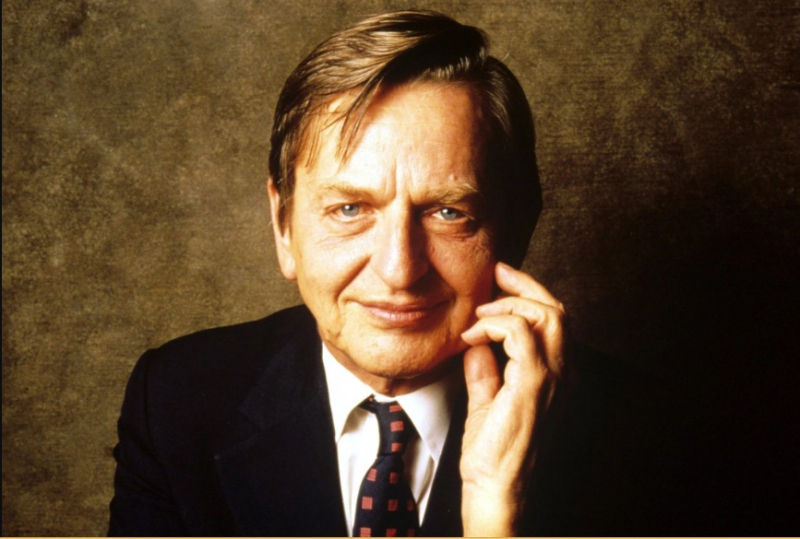
metro.co.uk 
Mourners at the assassination site -en.wikipedia.org









